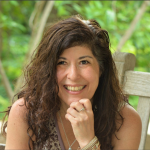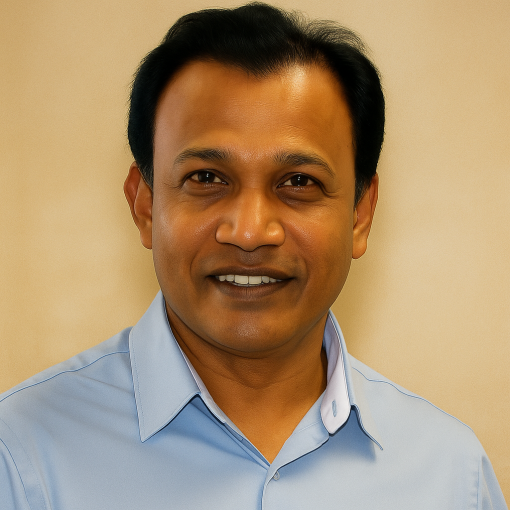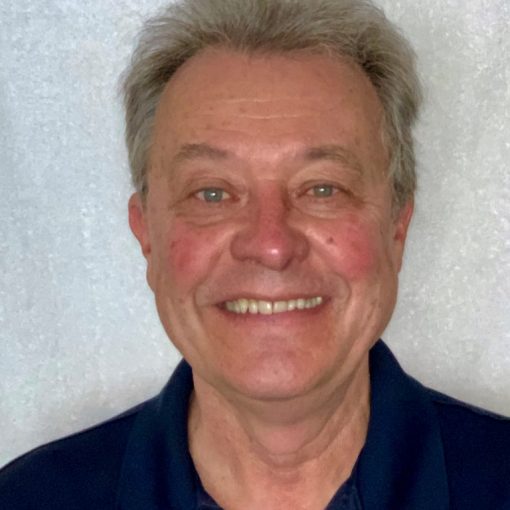A personal story of near-misses, persistent what-ifs, and the emotional cost of uncertainty in women’s health
by Marianne Sarcich, Breast Cancer Survivor, Patient Advocate, and Writer | Aug 12, 2025
“No one’s life should hang on a thread of luck.”
The What-Ifs That Haunt Me Still
Who knew that a breast cancer diagnosis could come with a lifetime of what-ifs? I certainly didn’t. Yet since my Stage 1 diagnosis in 2016, those relentless whispers have followed me everywhere.
What if it comes back?
What if next time it’s metastatic and incurable?
Even now, nearly a decade later, something as small as a mosquito bite on my breast can send me spiraling. Panic rushes in before reason. It’s constant and exhausting, both emotionally and physically. There’s even a term for it in cancerland: emotional toxicity.
And I know exactly where mine comes from.
The Diagnosis That Wasn’t Supposed to Happen
Here’s the truth: I wasn’t diagnosed because the healthcare system did everything right.
I was diagnosed because of a long, improbable chain of lucky breaks.
It all started on an ordinary July evening after a shower. My hand brushed across the top of my right breast, and I felt something. It was a small lump. One I could have easily missed. One I almost ignored.
My family was waiting for movie night and at the time, I wasn’t doing monthly self-exams. But something made me pause, feel again, and keep feeling because something wasn’t right.
That pause was the second link in my chain of luck. The first? My hand grazing the right spot at the right time.
And then the chain kept growing.
“My diagnosis wasn’t inevitable. It wasn’t systematic. It was lucky.”
A System of Serendipity
I was lucky to get a mammogram appointment within a week – an increasingly rare feat.
I was lucky that my doctor and I didn’t accept the general radiologist’s “all clear” report and “see you in a year” advice.
I was lucky that my insurance plan required additional imaging at a different hospital system. One with a breast imaging specialist on site that day.
I was lucky I brought my original mammogram images, and luckier still that the specialist compared them carefully. She saw the cancer on both sets of images. My original and the new ones because she had the expertise to read them properly. It was there all along, but the first imaging center had assigned the wrong kind of specialist. A general radiologist had read my original scan, and that decision nearly changed everything. General radiologists don’t have the training or experience needed to interpret breast images, especially in dense breasts like mine. When the breast imaging specialist reviewed the scans, she told me something I’ll never forget: “I would have brought you right back.”
She spotted suspicious patterns scattered throughout my breast. None of them could be felt.
I was lucky to get a biopsy quickly. Lucky I ignored the first surgeon who breezily offered, “Lumpectomy or mastectomy. Your choice.” And lucky I found one who said firmly, “You must have a mastectomy.”
That surgery – and only that surgery uncovered the truth: invasive cancer and cancer throughout my nipple. Nothing else had caught it. Not the scans. Not any visible signs. Not the exams.
Too Much Luck for Something So Critical
That is far too much luck for something as essential as catching breast cancer early.
Nearly 10 years later, I still hold my breath every time I receive a “clear” imaging report. I want to believe it. But I can’t forget that the same technology once missed what was already there.
“Women’s health shouldn’t depend on luck, access, or timing. But far too often, it still does.”
We deserve better than a system where early detection hinges on whether you get the right doctor, the right scan, the right follow-up, at the right time.
We deserve better than a system where awareness is high, but outcomes are still so uneven.
We deserve clarity. Not guesswork. Access. Not barriers. And above all, certainty. Not chance.
I Share This Because Someone Has To
I keep telling this story. Not because it’s easy to relive, but because it needs to be told.
Because for every woman who reads this and thinks, “That sounds like me,” I hope it encourages her to act. To push. To question. To follow that intuition that says something’s not quite right.
“I was lucky. But I shouldn’t have had to be.”
Until early detection becomes the rule and not the exception, I’ll keep speaking up. Not just for myself, but for the next woman. And the one after her to demand better, more reliable paths to early detection. Because no one’s life should hang on a thread of luck.

Marianne Sarcich is a breast cancer survivor, patient advocate, and writer dedicated to raising awareness around the challenges of early detection and the lived experience of survivorship. Diagnosed with Stage 1 breast cancer in 2016, Marianne has since become a vocal advocate for improving diagnostic accuracy.
Her work centers on the emotional aftermath of diagnosis. What she calls “the what-ifs” and the critical role that patient intuition, access to specialized care, and system-level improvements play in saving lives.
Marianne shares her story through personal essays, blogs, and public speaking engagements to empower women to advocate for themselves, ask better questions, and demand more from a healthcare system that too often leaves outcomes to chance. She brings authenticity, clarity, and urgency to her writing and is a strong voice for early, equitable, and patient-centered cancer detection.



